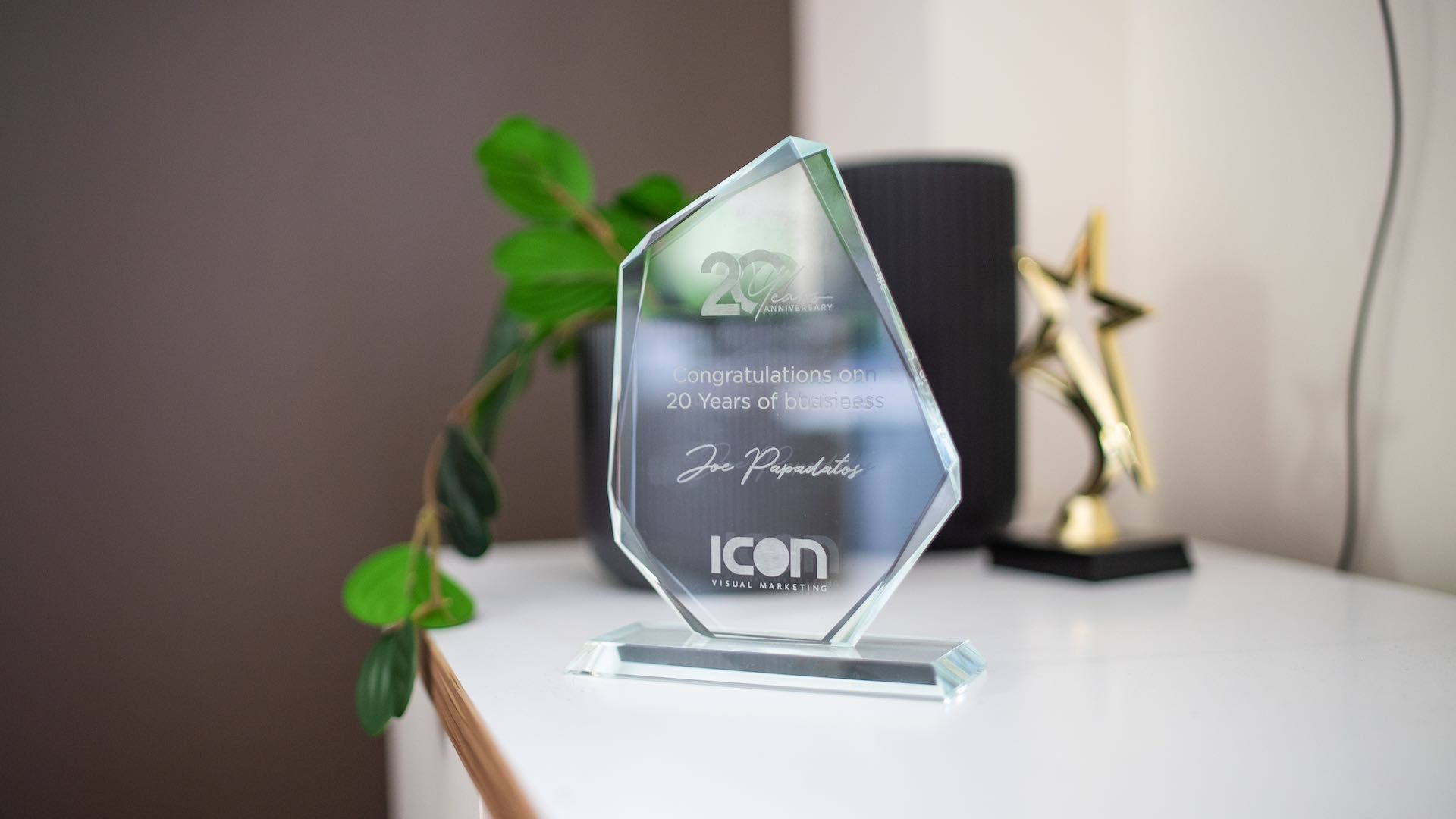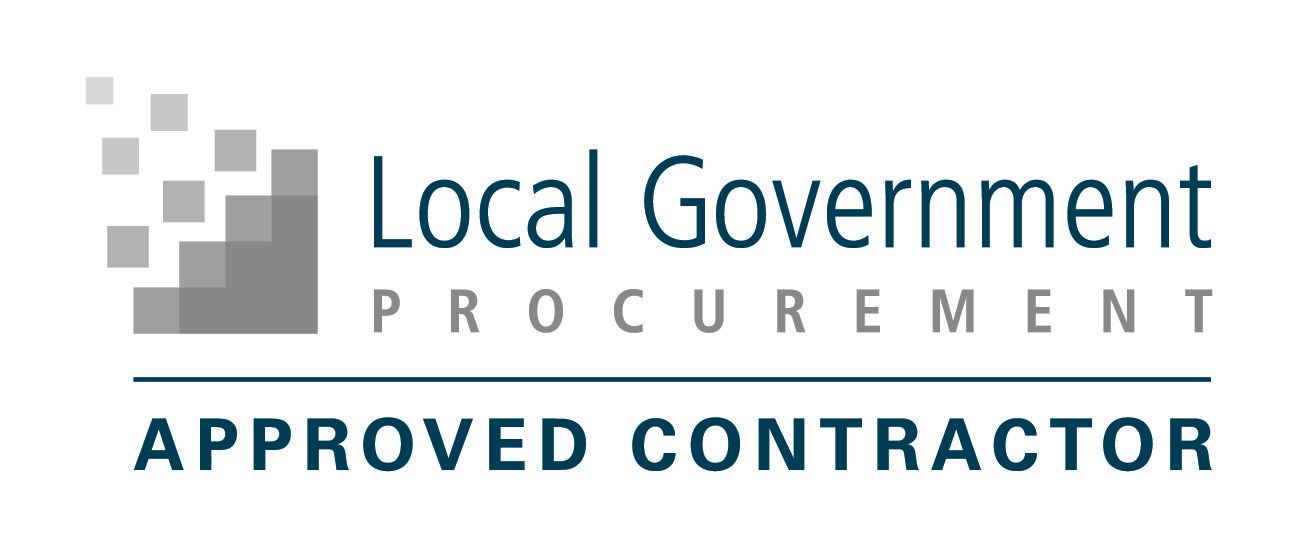SEO: The Fundamentals
Glenn Robinson, Head of Creative
For years as a Marketing Manager, I was aware of SEO as an evolving complex beast at the whim of Google and its algorithm updates. I had worked with outsourced agencies who charged a lot and with some that charged very little. The question that I really couldn’t answer for myself was: “What are they actually doing???”
Now years later with training and experience I can understand and teach others about the fundamentals of SEO, and I’m pleased to say that it isn’t complex.
How long does it take to “work” on SEO?
Well, that’s probably the bad news. There is low hanging fruit, but SEO is a bit like a piece of string – it’s as long as you want it to be. You can always be working on it to help your various pages rank better and help search engines understand what answers you offer its searchers.
After all, that’s why SEO agencies exist. It can be cheaper to employ an agency who can spread the cost of the various tools used amongst all clients and give you a better return.
What is SEO?
SEO is the art of acquiring traffic from various sources, mostly search engines, and point them to the digital assets that we or clients own.
What SEO is not?
- Buying traffic
- A scam or illegal, or black hat
- Against Google’s terms of service
- Just for Google
- A fast / quick fix
- Difficult
- “Advertising”
There are three major areas of SEO that you can focus on when tackling the problem.
1. Document Relevancy
It’s important that the pages you’re trying to achieve a high ranking on search engines are answering the questions that they are asking. If you were to ask a store clerk, “Hey, what aisle are the bananas on?” and they answered, “We sell all types of groceries including medical goods, food and drink, and various meats,” it doesn’t really answer the question, does it?
You can’t just create a page that satisfies your ego to talk about how good you are. It needs to be relevant. A good question to start is: “What is our target audience searching for?” And to do that, you need to work out: Who is our target audience?
2. Attention and Authority
The more we align our pages with the words users are searching for, the more we create a healthy relationship with search engines. A user’s interaction with our pages begins to inform them that the user had success in finding the answer they were searching for.
The metrics, like incoming links, news and downloads, time on site, etc. all tell search engines that we are helpful. If I was to use the store example above, it would be like a user asking, “Hey, where are the bananas?” and the store clerk says, “Here’s a map of the store, would you like to download it? It can help you find all our products.”
3. Technical Optimisation
Don’t be daunted by the technical side. If you have access to your own CMS of your website, there are many ways that you can have a positive impact on your own SEO. Essentially what we are doing in optimising content is making it easier for search engines to find our pages. After all, we both have the same goal – help answer users’ problems. This can be done in several ways: title tags, body copy, URL, alt tags, linking, site speed, etc.
Remember that 75% of clicks on Google go to the top 5 results for your keyword. So, if you sell “Diesel engine parts western Sydney” and you don’t come up on the first page of Google, it’s unlikely that your target audience is finding you easily.
Need help with your SEO?
We have a team of digital experts in house who are proficient at analysing and diagnosing the best bang-for-your-buck SEO steps to help you begin ranking on search engines. Contact us today for a no-obligation discussion on how we can help you.
KEEP IN TOUCH














